Alcohol
Health
Anxiety
Mental Health
Why does alcohol make anxiety and depression worse?

by Christine Humphreys
Published: January 14, 2021 Last updated: November 30, 2023
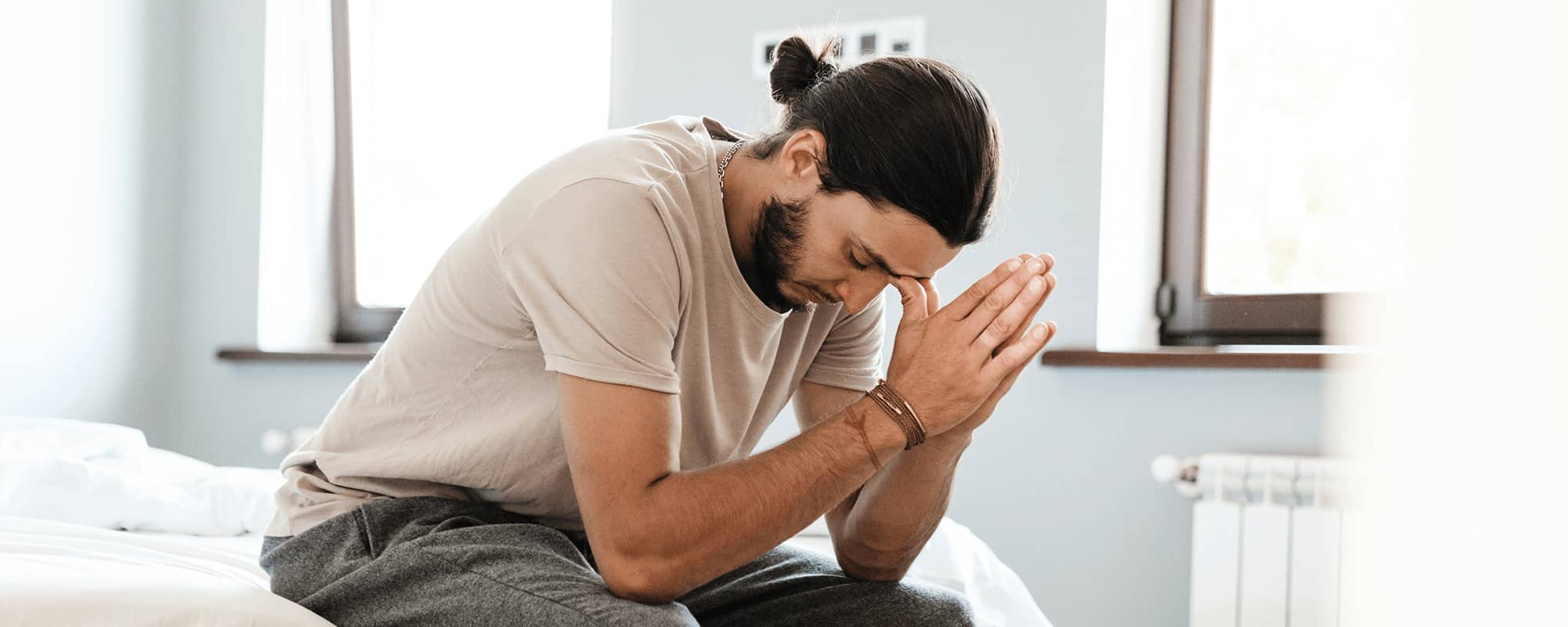
Drinking alcohol in moderation can help people relax because it is a sedative and acts in a similar way to antidepressant medication.
Occasional alcohol consumption to help overcome shyness in a social situation or the odd glass of wine to wind down after a long day does have its short term benefits in giving us a relaxed feeling.
Regularly drinking alcohol can, however, build tolerance. This means that the amount of alcohol you need to get that mood boost increases and heavy drinking risks alcohol dependence.
It is normal to sometimes experience a feeling of worry or low spirits in day to day life, but when these emotions get out of control, they can become a mental health problem that needs appropriate medication and a professional therapist.
Easing anxiety with booze deepens disorders
Alcohol should not be used to self medicate by people experiencing feelings of anxiety and symptoms of depression because the negative effects of alcohol outweigh the positives.
Researchers have found that women are more likely to suffer mental health problems such as social anxiety and panic attacks and are more prone to suffer the physical and mental impact of alcohol abuse.
People with depression or social anxiety who drink on a regular basis are likely to develop social anxiety disorder and depressive disorder which in turn can lead to excessive drinking.
This type of alcohol abuse effects the balance of chemicals in the brain and alters levels of serotonin that are responsible for keeping our moods stable.
This can make anxiety and depression worse as the effects of the alcohol wear off and the body goes into alcohol withdrawal.
The dehydration, headaches, sweating and nausea from a hangover usually caused by heavy drinking can increase tiredness and exacerbate anxiety and depression.
People who too often feel the need for alcohol to manage stress and lift moods risk alcohol use disorder and put themselves in danger of developing major depression and generalised anxiety disorder (GAD).
Alcohol abuse blocks stress control hormones
The rise in blood alcohol content initially makes us feel less anxious and more confident, but when the blood alcohol level falls, it makes anxiety symptoms worse.
According to a professionally reviewed article published by healthline.com, consuming too much alcohol can lead to blackouts, loss of memory, and, over time, even brain damage.
Alcohol can also affect the body’s processes in a negative way by interfering with the nervous system, upsetting our normal sleep pattern to further compound depression symptoms and raising the anxiety level.
As well as lowering levels of serotonin, alcohol can reduce reserves of the hormone norepinephrine and blocks stress controlling hormones which can exaggerate feelings of depression.
According to experts alcohol is among the type of drugs that can trigger a gene that’s thought to be linked to mental health problems including manic depression and lowers folic acid levels and increase the risk of dementia.
How much did you learn from this article?
Welcome to this enlightening quiz, inspired by the recent article 'Why does alcohol make anxiety and depression worse?'. Get started and see how well you've understood the information!

About The Author
Christine Humphreys
Chris Humphreys is the co-founder of The Alcohol-Free Shop and AlcoholFree.com. She was a journalist for more years than she cares to remember. Ex-wife of an alcoholic, enthusiastic amateur musician and a passionate dog lover.
Is unwinding with a drink rotting your brain?
August 02, 2023
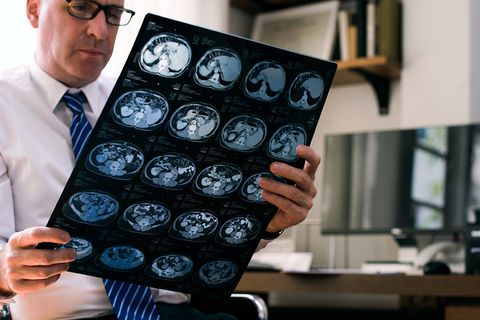
The Ugly Truth: Happy Hours, Unhappy Skin—The Ageing Effects of Alcohol
April 11, 2023
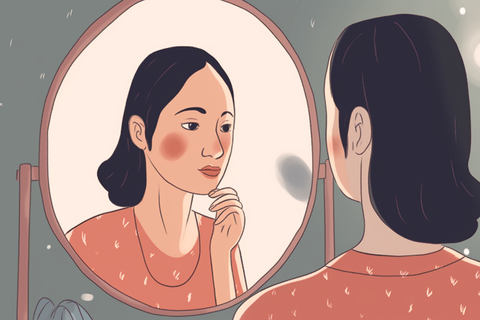
Say Goodbye to Sleep Troubles: Discover the Shocking Truth about Alcohol and How to Improve Your Sleep in Sobriety
January 13, 2023
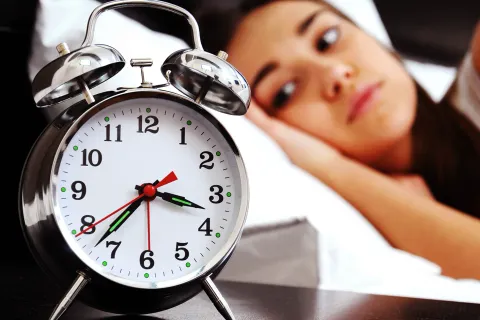
How does alcohol affect dental health?
August 05, 2021
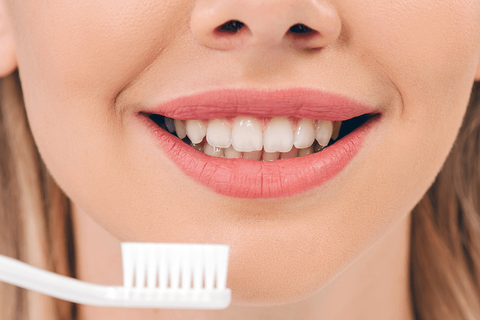
Does alcohol weaken immunity and make us more susceptible to illness?
April 06, 2021

Does alcohol cause depression and anxiety?
January 14, 2021
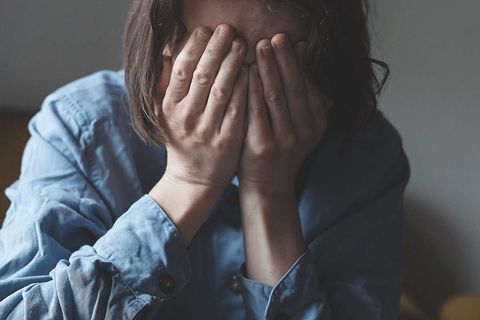
Does heavy drinking affect physical appearance?
March 14, 2017
